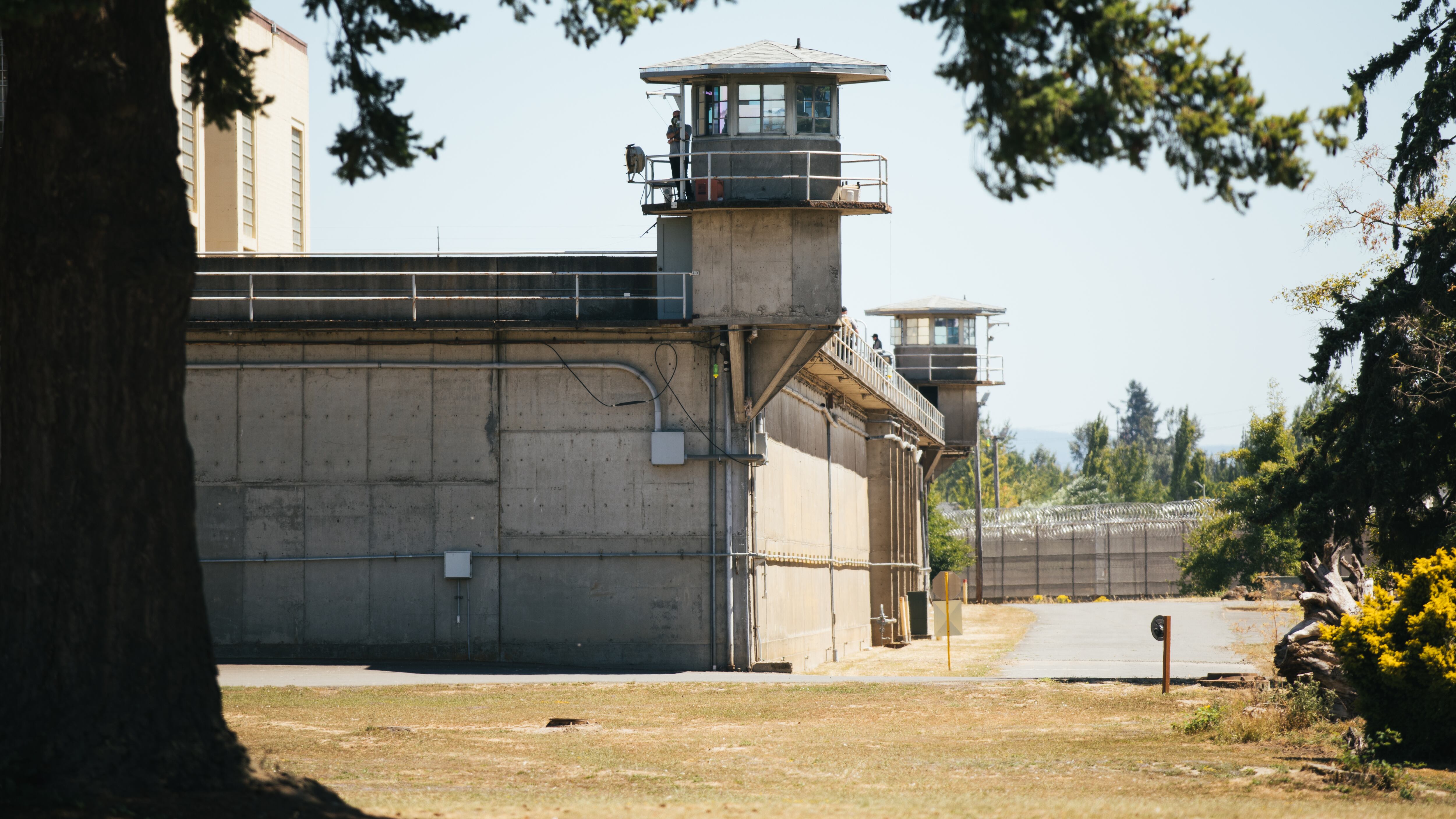Lawmakers are preparing for the short even-year session that begins Feb. 1 and can last no more than 35 days.
One of their big tasks, as The Oregonian reported, will be to distribute up to $2 billion in federal stimulus money. They’ll also consider a list of long-shot proposals, such as whether to impose restrictions on abortion; require greater oversight of the governor’s power to commute criminal sentences; or limit tolling on Interstate 205 to paying for additional lanes.
Those bills, sponsored by Republicans, probably aren’t going anywhere because Democrats hold supermajorities in both chambers. Democratic bills that would increase pay for essential workers during the COVID-19 pandemic or require overtime pay for farmworkers may cause some grumbling but will probably allow Democrats to pass legislation that will please core constituencies in an election year.
Some bills, however, seem almost designed to promote fireworks between Democrats and Republicans at a time when the issues of ballot access and rising crime are both on the front pages.
One such piece of legislation: House Bill 4147, which would allow people convicted of felonies to vote while they are behind bars. One of the two chief sponsors, state Rep. Janelle Bynum (D-Happy Valley), is chair of the House Judiciary Committee, so the bill will likely get a hearing, and among the regular sponsors are other powerful members, including the co-chairs of the Joint Ways and Means Committee, Rep. Tawna Sanchez (D-Portland) and Sen. Elizabeth Steiner Hayward (D-Portland), so it’s got potential to move.
(As WW reported the last time a similar bill was introduced, the votes of inmates would be counted in their last county of residence prior to sentencing rather than where the prison is located.)
There are about 12,000 inmates in Oregon prisons today, down from about 14,500 before the pandemic.
It’s relatively uncommon for incarcerated felons to be allowed to vote. A 2020 study found that only two states—Maine and Vermont, along with Washington, D.C.—allowed the practice. But restoring voting and other rights to people who’ve been incarcerated is a focus of criminal justice reformers.
Republicans, whose traditional emphasis on law and order hasn’t helped them much with voters in recent cycles, made it clear today they will pounce on the issue.
“Inmates who broke the law should not be allowed to vote while serving their sentence,” House Republican Leader Vikki Breese-Iverson (R-Prineville) said in a statement. “This is just the latest example from Democrats that values criminals over victims.”
A spokesman for the House Democrats declined to comment.
